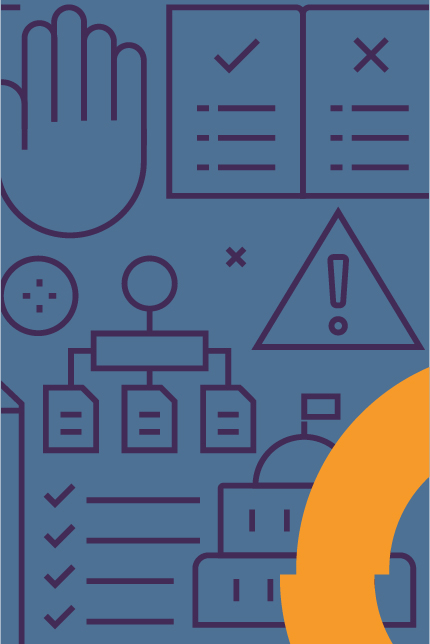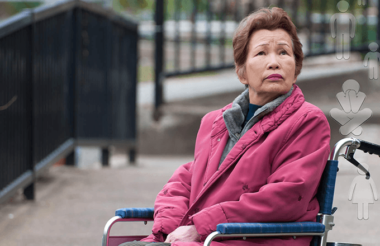Accreditations and Endorsements


This Module begins with a recap of levels 1 and 2. Level 3 has been split into 3 modules due to the amount of content that is covered under the framework.
Learning Outcomes for this module include:
Skills Development:





This Safeguarding for All learning module, outlines how you can play an important part in helping to prevent the abuse and neglect of adults […]

Keeping children safe is everyone’s responsibility. This module will help all of us play our part in protecting children from abuse, neglect and exploitation. […]

This module looks at the steps a social worker must take when dealing with a referral, the context of consent during the referral process, […]

Connecting with other people via the internet is a bigger part of our lives than ever before and it brings many benefits, but it also […]

Welcome to this e-learning module about safeguarding and child protection for all healthcare staff, including commissioners of services. Everyone who comes into contact with […]

Welcome to this 60-minute e-learning module on Safeguarding Children Level 2. We recommend that if this is your first time viewing this module that […]

Child protection and safety is everyone’s responsibility, and anyone with a concern about a child’s welfare should refer their concern to Children’s Social Care. […]

Child protection and safety is everyone’s responsibility, and anyone with a concern about a child’s welfare should refer their concern to Children’s Social Care. […]

Child protection and safety is everyone’s responsibility, and anyone with a concern about a child’s welfare should refer their concern to Children’s Social Care. […]

Child protection and safety is everyone’s responsibility, and anyone with a concern about a child’s welfare should refer their concern to Children’s Social Care. […]

This module uses a series of narratives featuring child characters and concerned adults to illustrate what safeguarding is and who is responsible. Learning Outcomes […]

After completing all the sections of this course you will know how safer recruitment contributes to safeguarding and understand the principles, application and your […]

Safeguarding is a term used to describe the actions needed to protect adults at risk from abuse or neglect. It is an important shared […]

In this module we will explore how those who work in healthcare services might spot abuse happening to an adult with care and support […]

Welcome to this Level 3 e-learning on safeguarding adults. This is the second of three modules that are required to complete the Level 3 content. […]

Welcome to the final module in the series on safeguarding adults. In this module, you will learn about clinical supervision and personal development in […]

Welcome to this e-learning module on safeguarding and child protection for non-children’s service workers. Learn how to recognise when a child may be suffering […]

In this lesson we will look at safeguarding and child protection for non-children’s service workers. It will enable you to recognise when a child […]

Radicalisation is defined as the process by which individuals come to support terrorism and violent extremism and, in some cases, to participate in terrorist […]

Completing this module will help you to identify signs of radicalisation, and understand when and how to report concerns appropriately. The module covers the […]

Completing this module will help you to identify signs of radicalisation, and understand when and how to report concerns appropriately. The module covers the […]

If you’d like temporary access to this collection, or to discuss it with a member of the team, fill out the form below.
"*" indicates required fields
Products that work beautifully on their own and seamlessly when you put them together